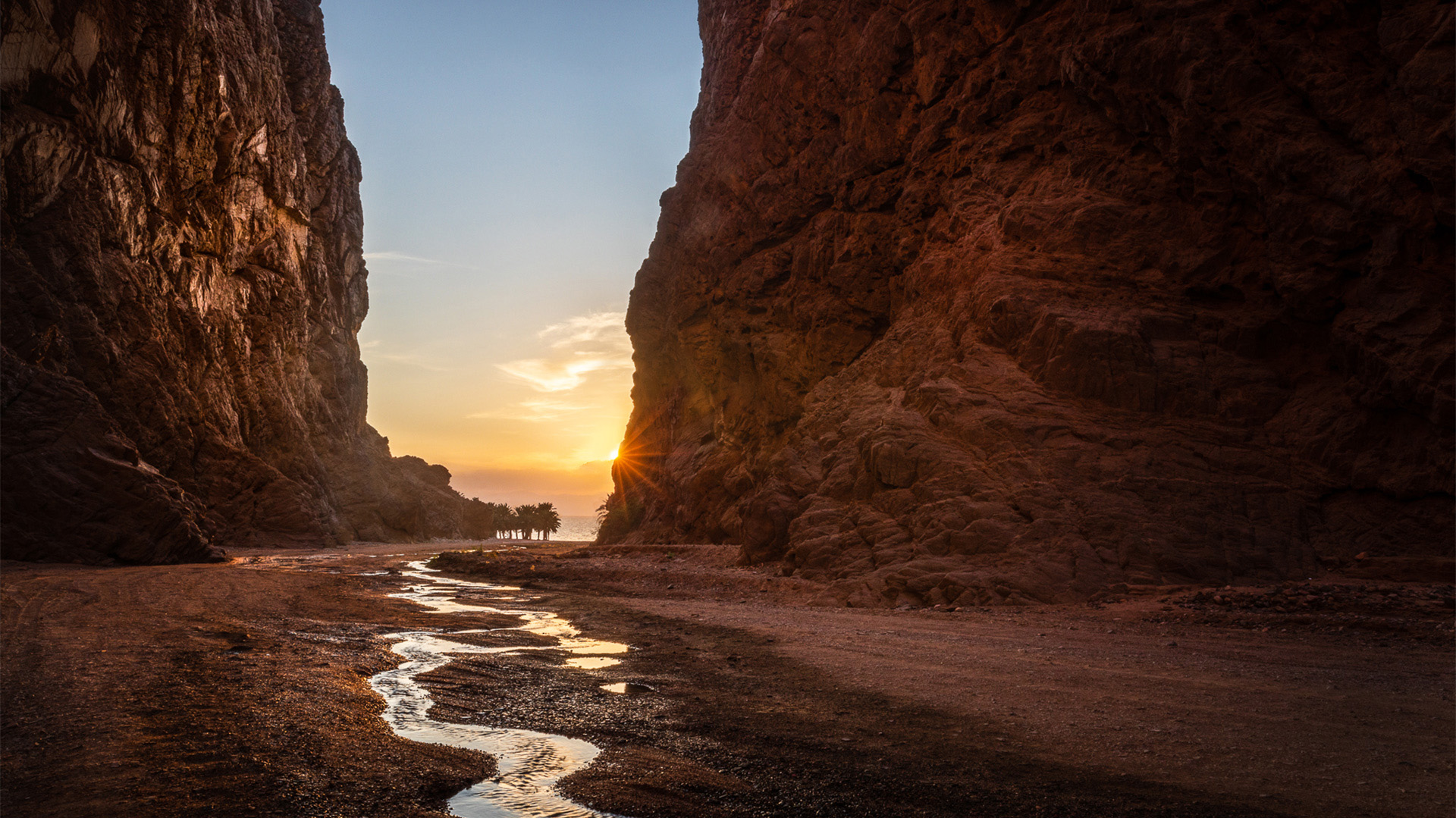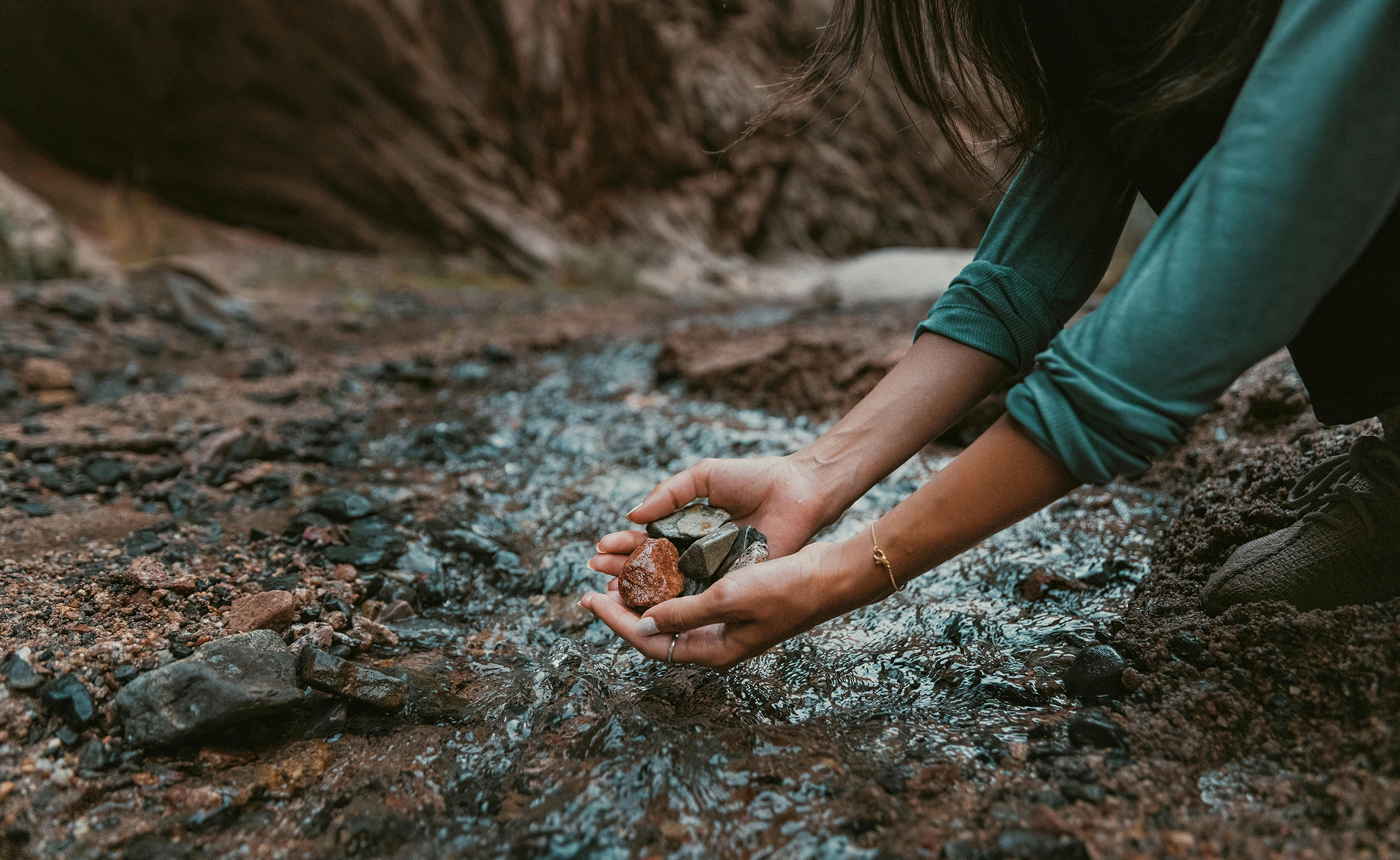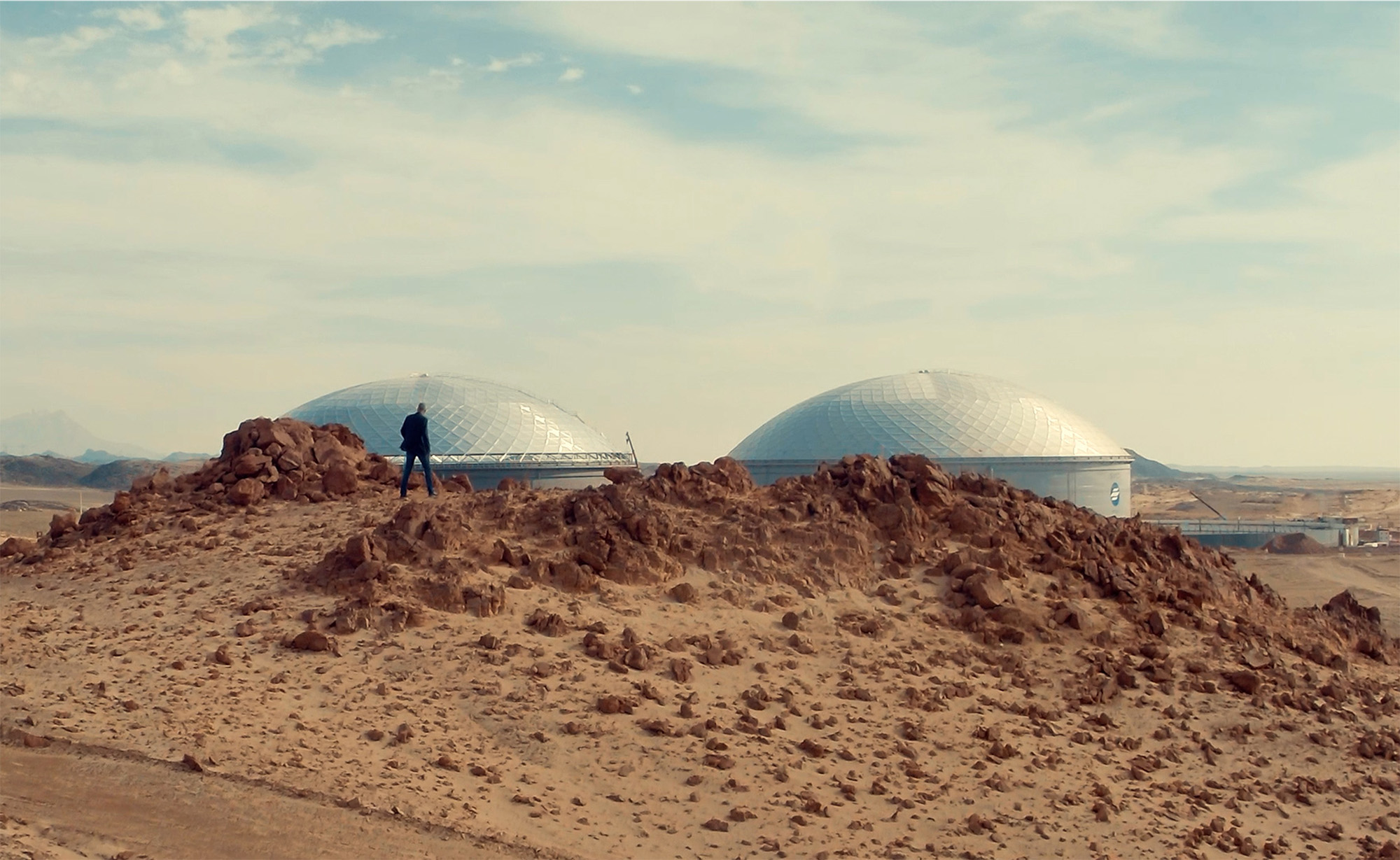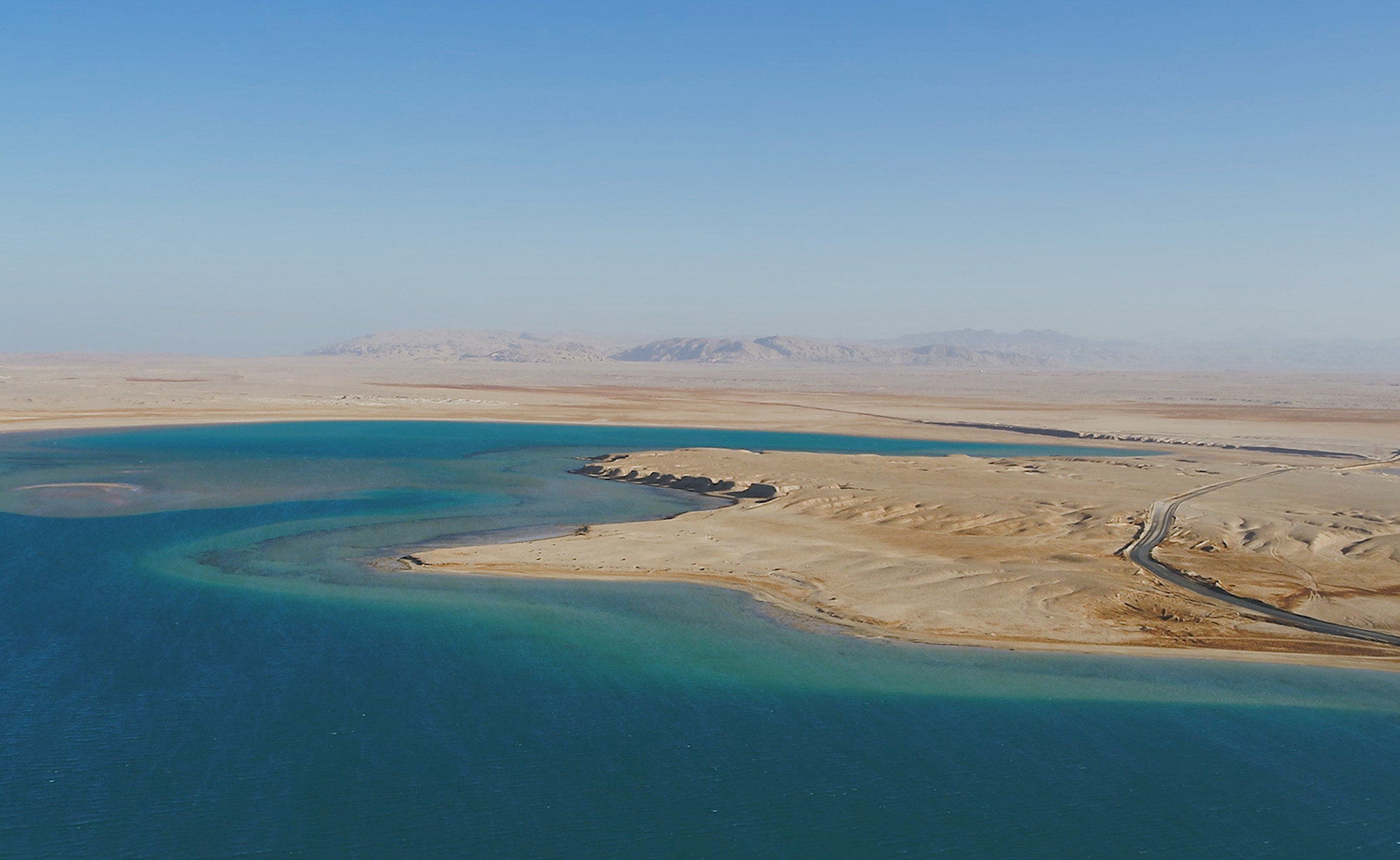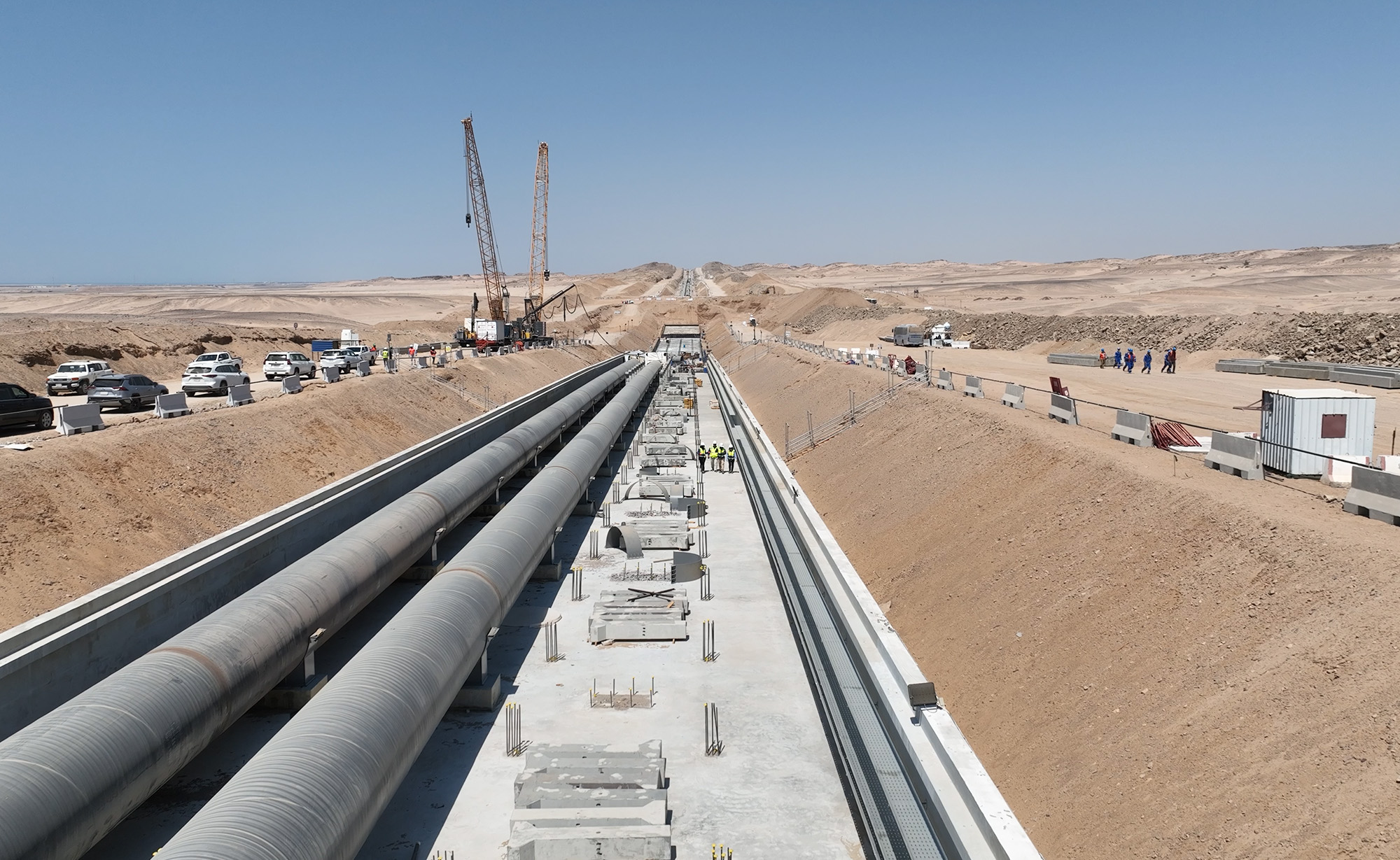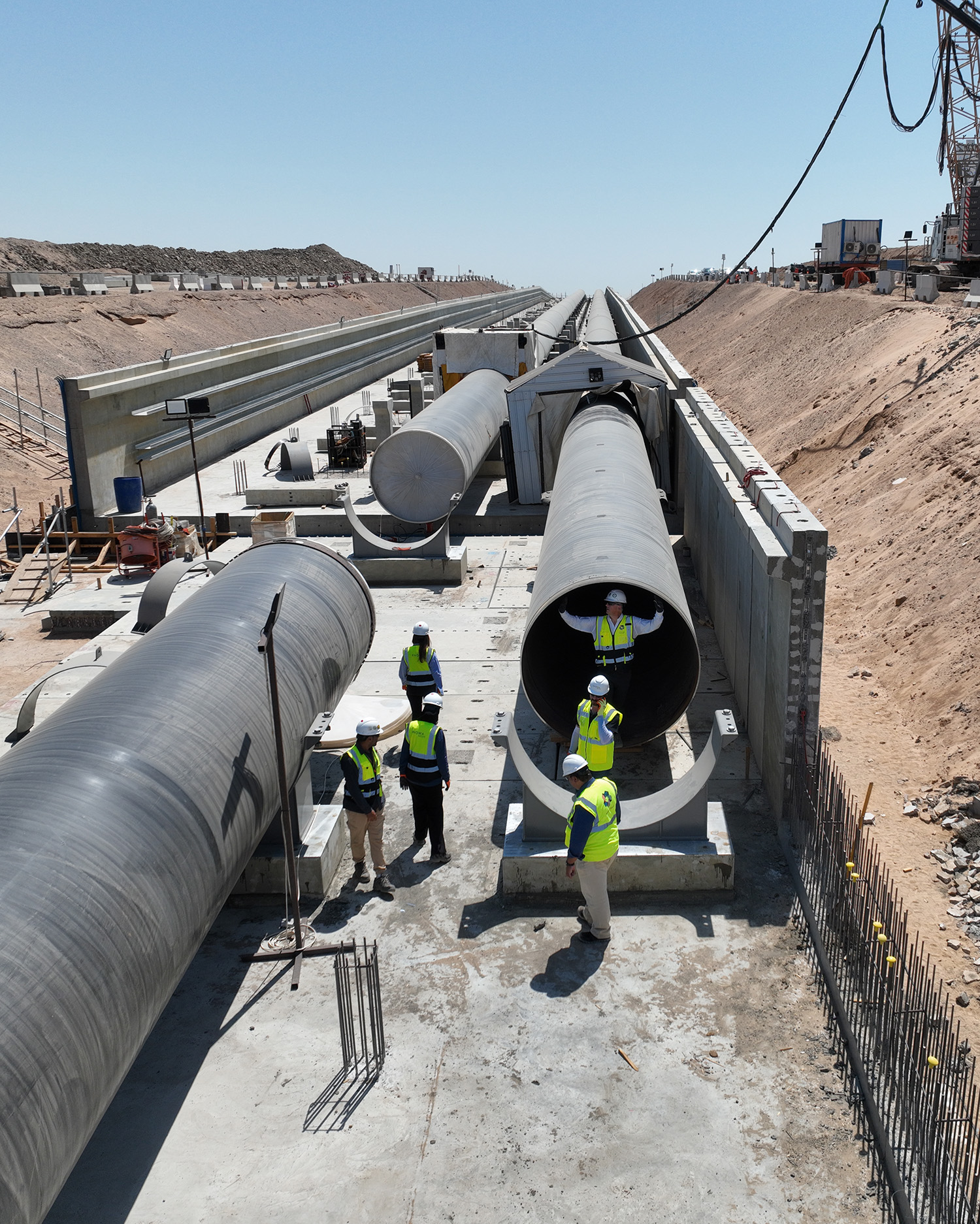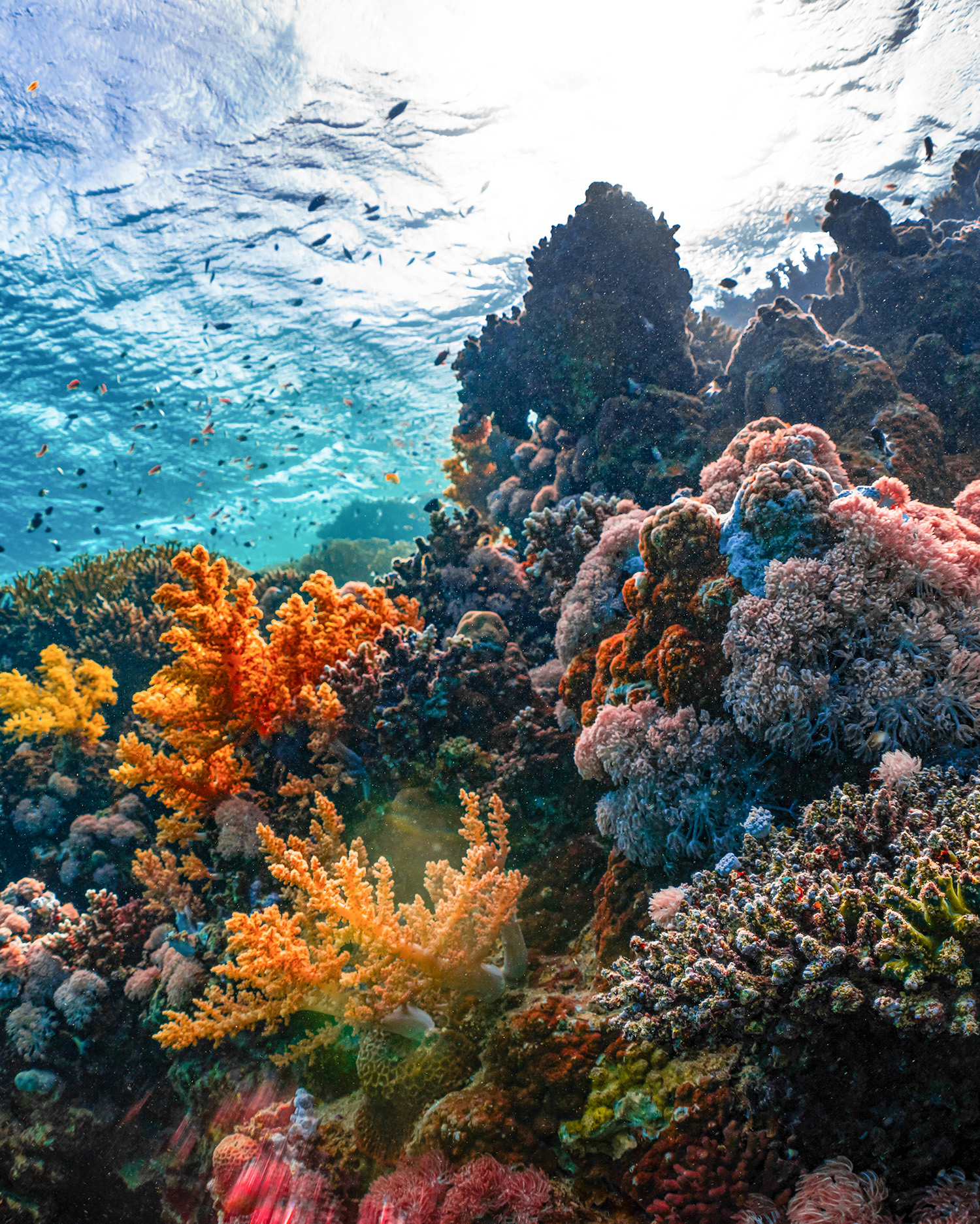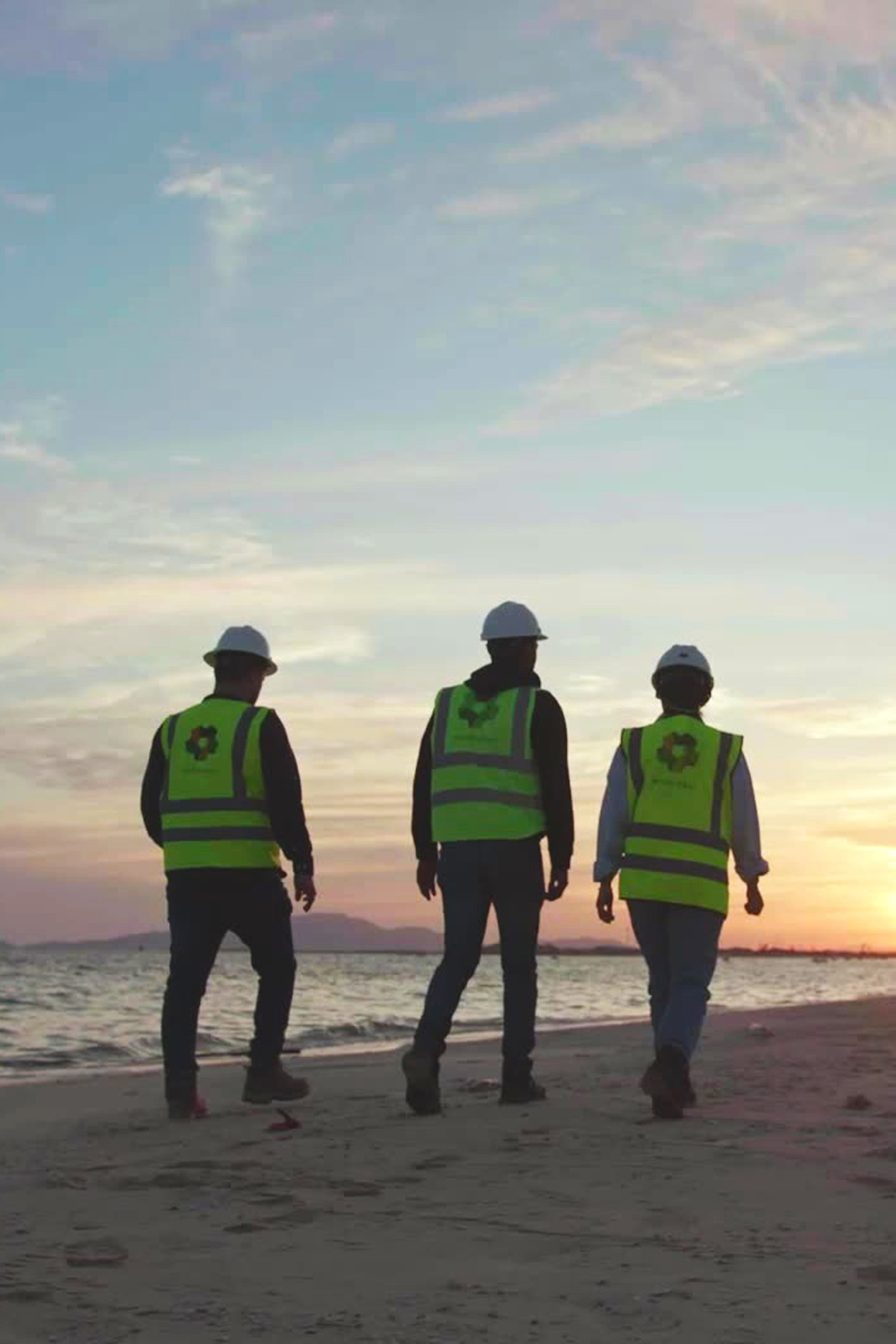-
Addressing Global Challenges
Water Scarcity
The Middle East and North Africa (MENA) region faces severe water stress, with 12 of the 17 most water-stressed countries. As populations grow and climate change worsens, global water demand will rise, intensifying challenges to provide safe drinking water in already scarce areas.
-
Addressing Global Challenges
Pollution from untreated wastewater
80 percent of wastewater globally – most of which is untreated – is discharged into the environment, polluting fragile ecosystems and contaminating increasingly-scarce water supply sources.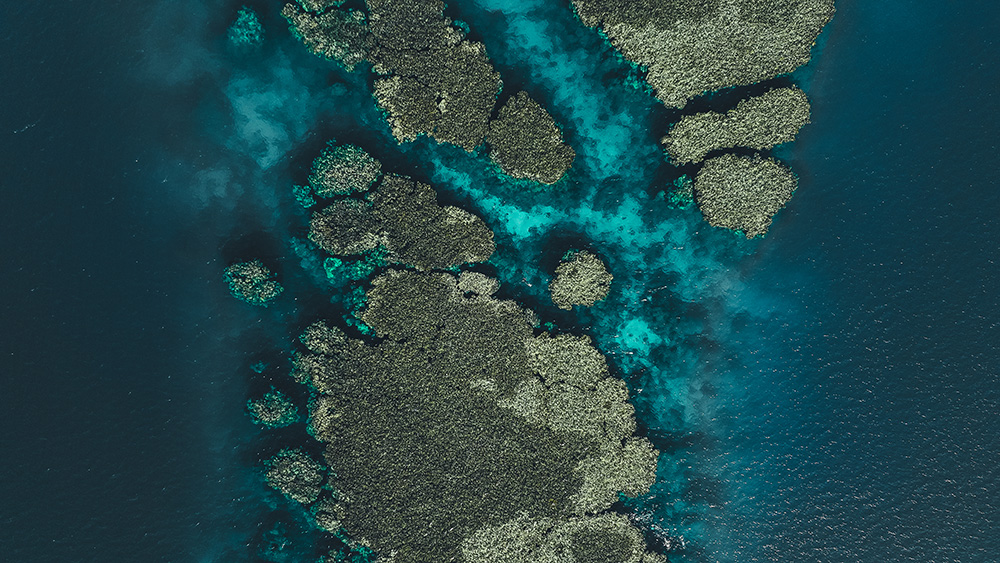
OUR FOCUS AREAS
Supporting Our Regions
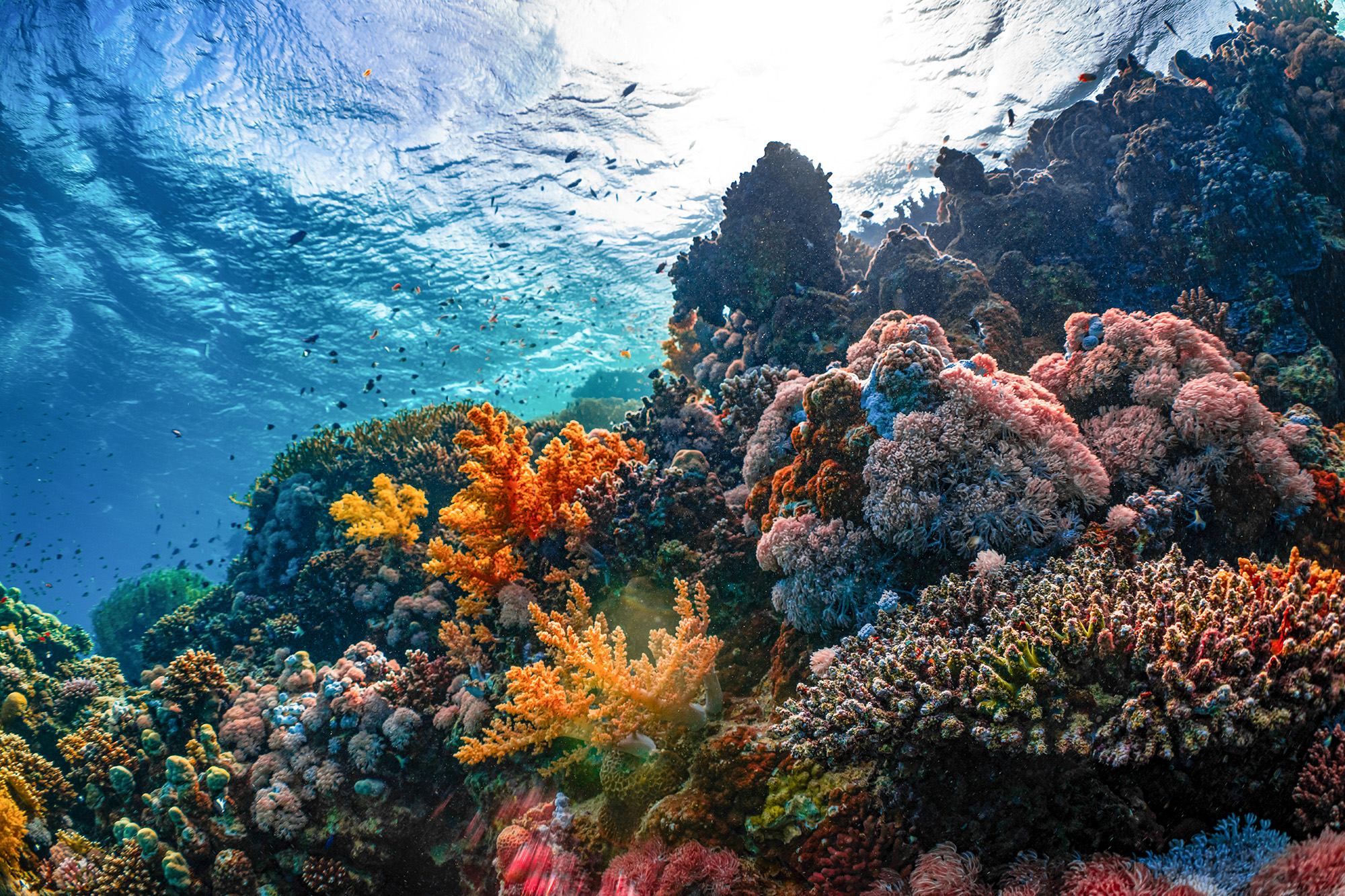

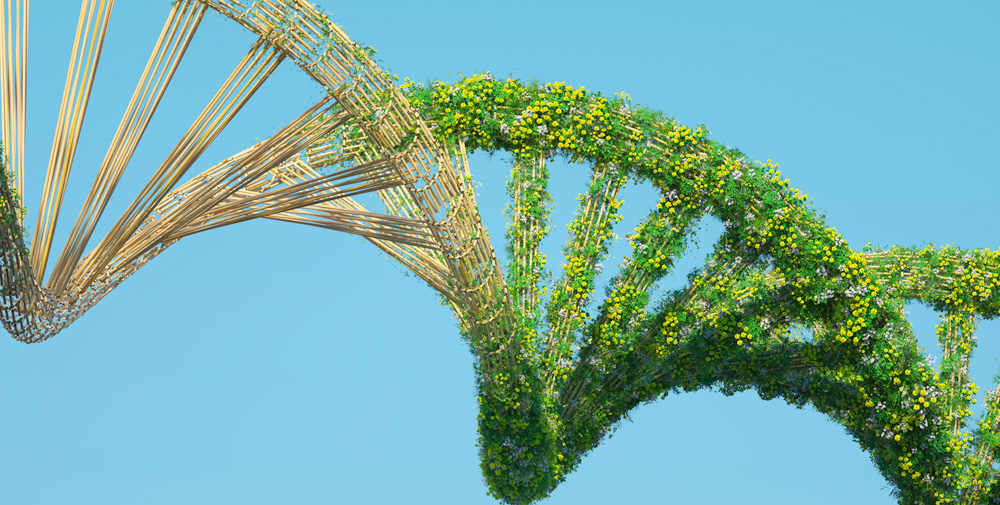
Biotech
Our mission is to address major human and planetary health challenges by establishing a cutting-edge biotech innovation ecosystem based upon world-class infrastructure and global partnerships.

Design and Construction
As the world’s most significant construction project, our mission is to become a global showcase for capital project execution, with world class examples of performance, efficiency and automation.

Education, Research & Innovation
A mission to create a new model for education, research and innovation that transforms learning and inspires discovery to improve our world.
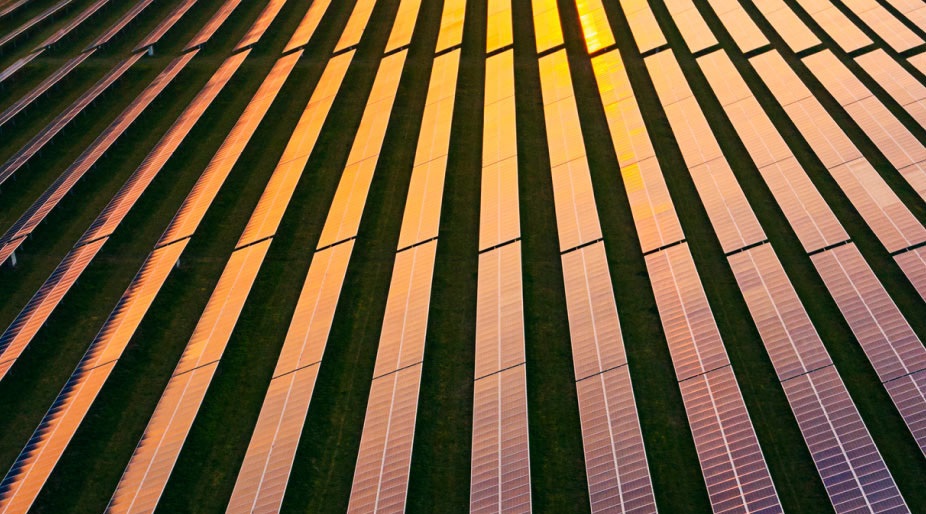
Energy
Through our company Enowa, NEOM is building the world’s first at-scale and fully-integrated renewable energy system.
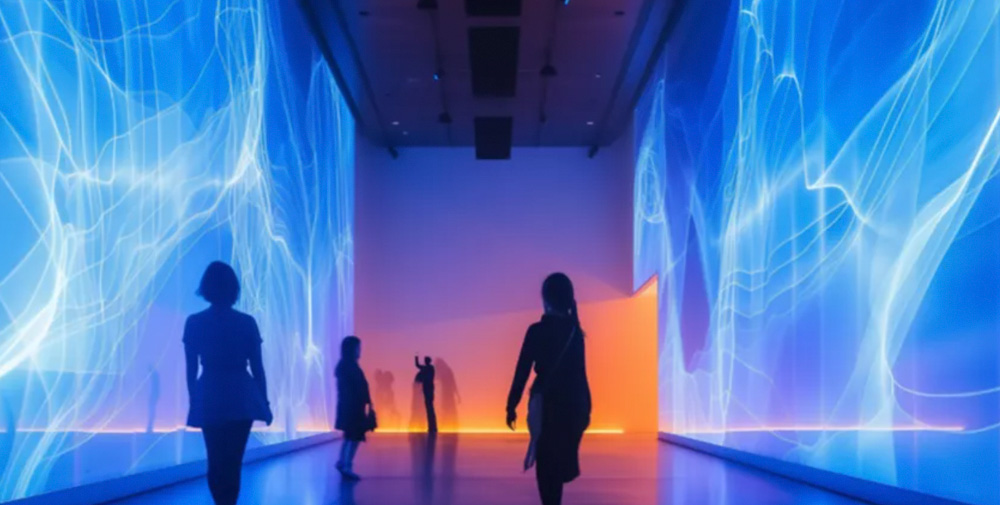
Entertainment and Culture
NEOM is building a global cultural capital and leading entertainment destination, a place to create and experience the future of culture and next-generation entertainment for audiences of the future.

Financial Services
Changing the future of financial services through inclusion, innovation and green financing.
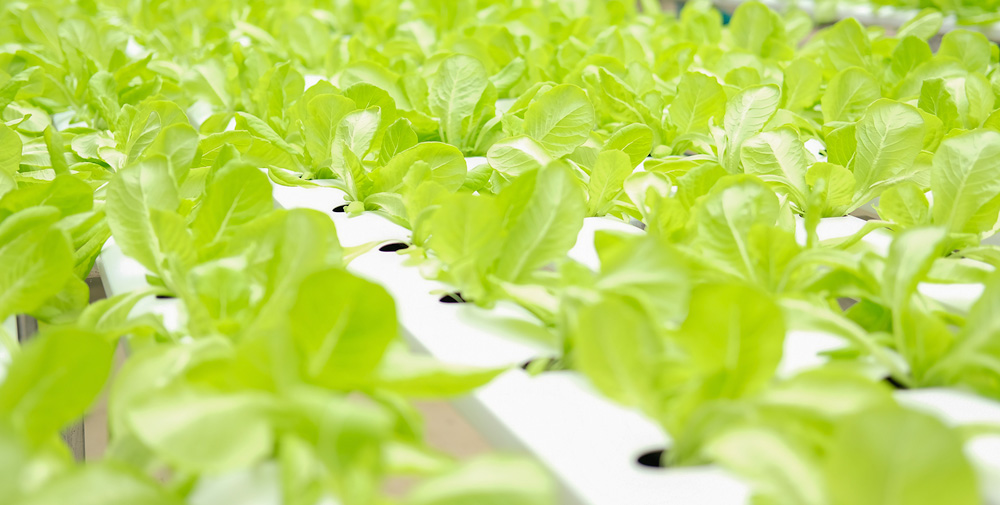
Food
Through our food company Topian, NEOM provides high-quality, sustainably sourced food products and innovative services that empower individuals to make food choices that improve their health and protect our planet.

Health and Well-being
NEOM aims to transform the lives of our residents and visitors through accessible innovative health solutions powered by the latest technologies.

Manufacturing
NEOM will advance beyond traditional methods to enable Industry 4.0 with cutting-edge solutions – to shape the sustainable industries of tomorrow.
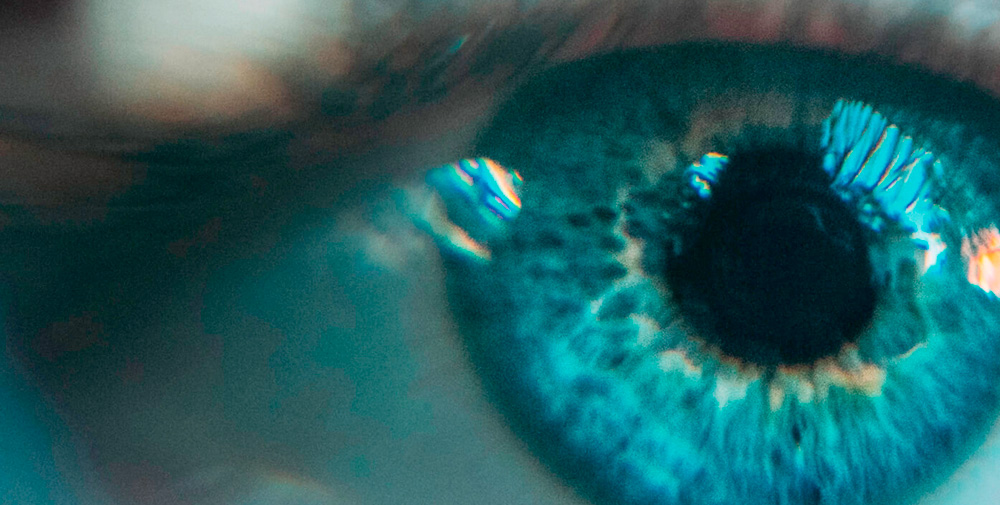
Media
NEOM’s Media Sector is operational and building a fully integrated media hub – bringing together screen production, gaming and digital publishing – enabled through industry learning.
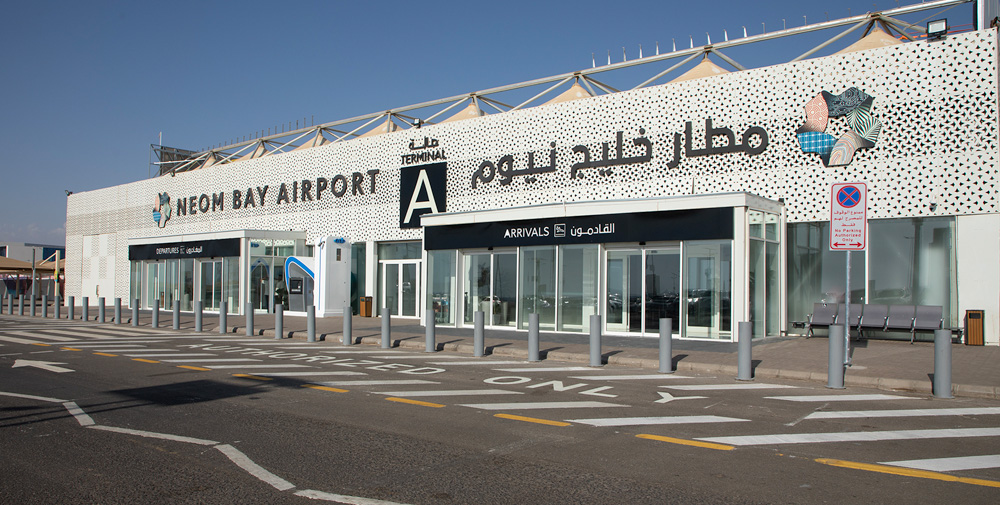
Mobility
NEOM’s Mobility Sector connects people and services, aiming to create a smart, shared and sustainable public transport system – powered by renewable energy.

Sport
NEOM is championing livability and contributing to a dynamic economy through sport, physical wellbeing and adventure sport.
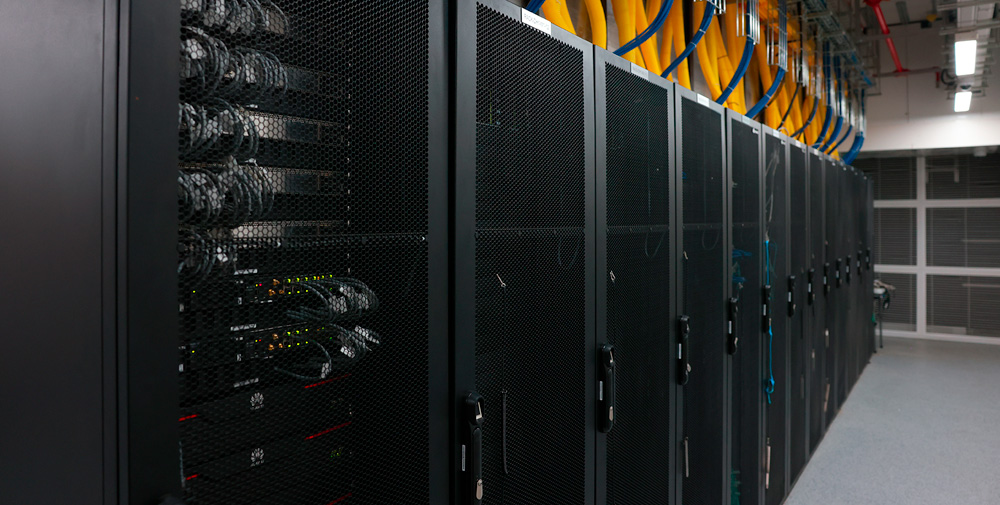
Technology and Digital
NEOM aims to harness the power of cognitive technology to build an ecosystem of disruptive and sustainable solutions that touch every aspect of life.

Tourism
Tourism aims to enrich a new society, vibrant economy and way of life through sustainable tourism.
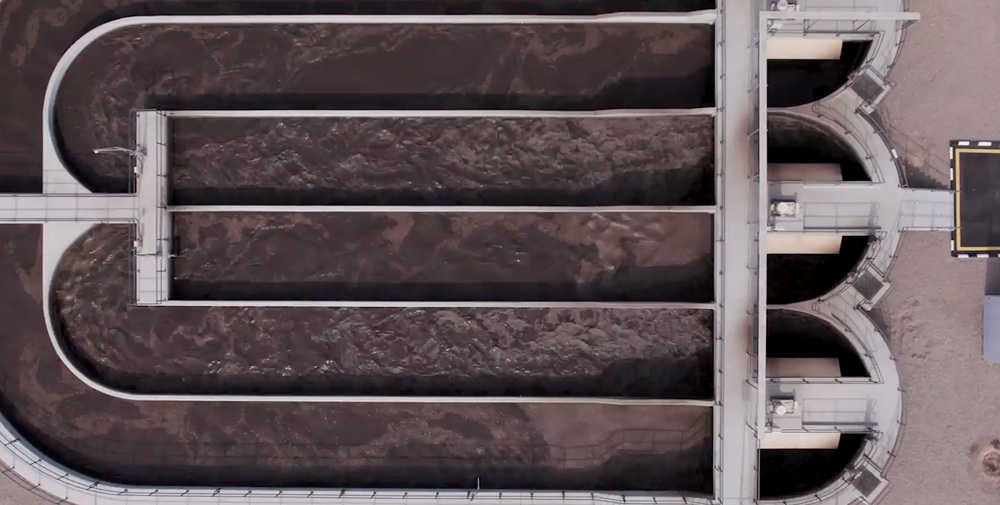
Water
NEOM aims to be a global water reference, focused on improving water performance sustainably, through world class, smart and connected infrastructure, utilizing the latest innovation and future technology.
